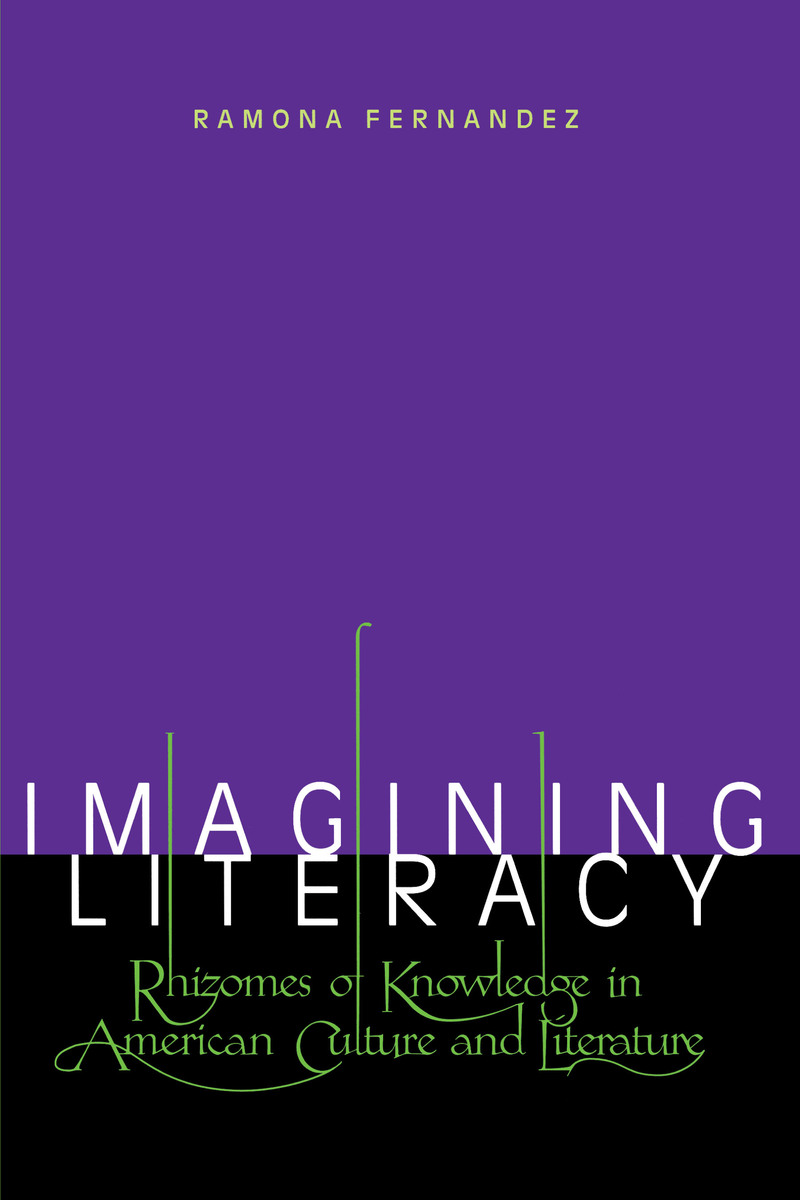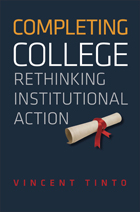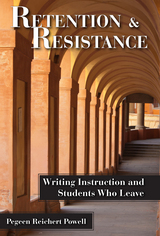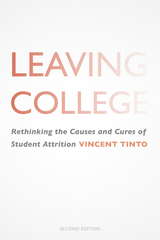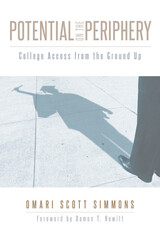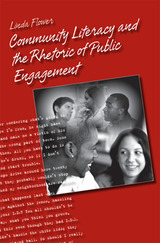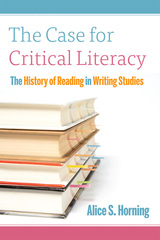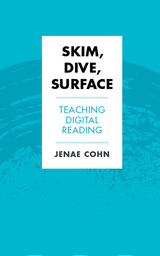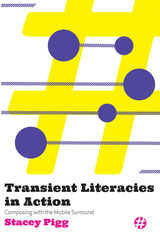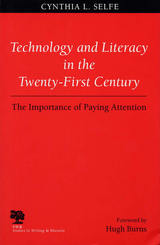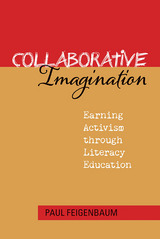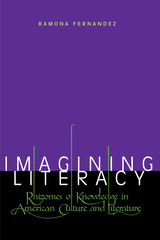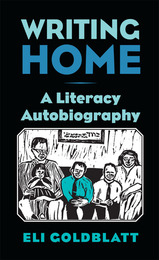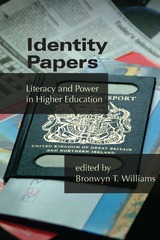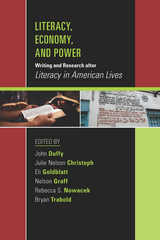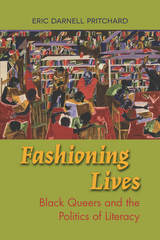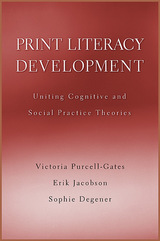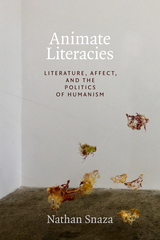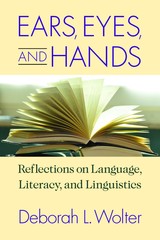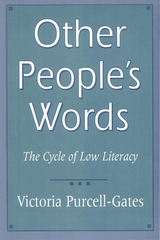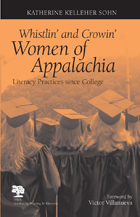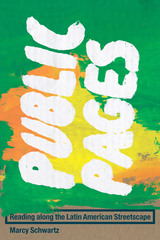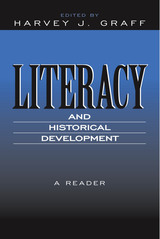Cloth: 978-0-292-72521-8 | Paper: 978-0-292-72522-5 | eISBN: 978-0-292-78203-7 (ePub) | eISBN: 978-0-292-79825-0 (PDF)
Library of Congress Classification LC151.F47 2001
Dewey Decimal Classification 302.2244
Defining the "common knowledge" a "literate" person should possess has provoked intense debate ever since the publication of E. D. Hirsch's controversial book Cultural Literacy: What Every American Needs to Know. Yet the basic concept of "common knowledge," Ramona Fernandez argues, is a Eurocentric model ill-suited to a society composed of many distinct cultures and many local knowledges.
In this book, Fernandez decodes the ideological assumptions that underlie prevailing models of cultural literacy as she offers new ways of imagining and modeling mixed cultural and non-print literacies. In particular, she challenges the biases inherent in the "encyclopedias" of knowledge promulgated by E. D. Hirsch and others, by Disney World's EPCOT Center, and by the Smithsonian Institution. In contrast to these, she places the writings of Zora Neale Hurston, Maxine Hong Kingston, Gloria Anzaldúa, and Leslie Marmon Silko, whose works model a cultural literacy that weaves connections across many local knowledges and many ways of knowing.
See other books on: American Culture | Educational anthropology | Knowledge | Literacy | Multicultural education
See other titles from University of Texas Press
